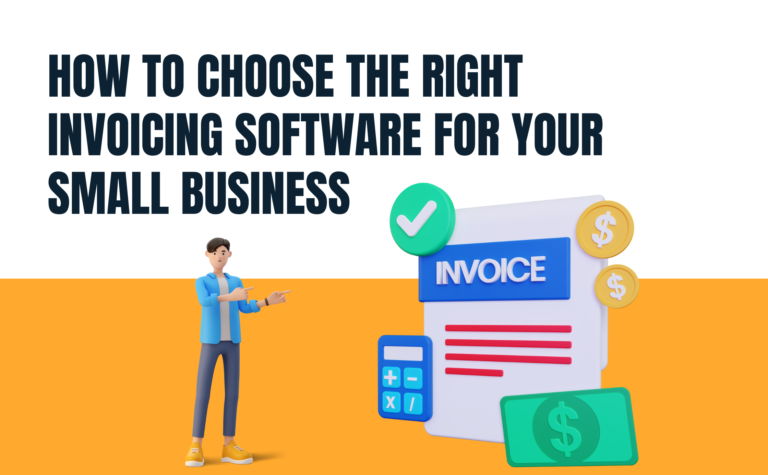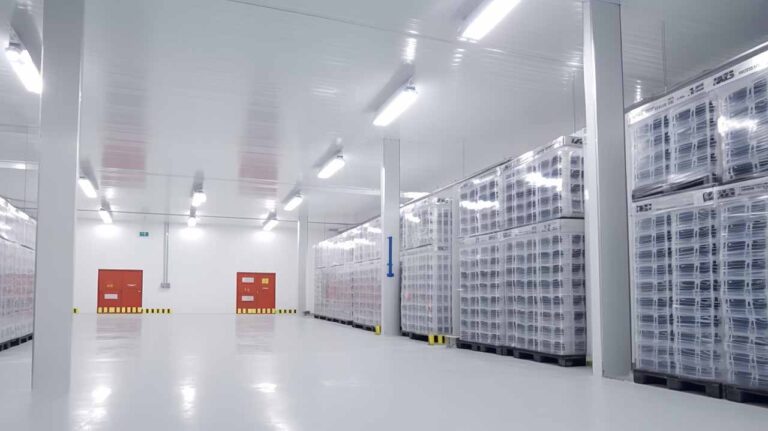How WMS Cost Savings for Your Small Business
- Why WMSOne Stands Out In Warehouse Management - December 30, 2024
- The Future of Warehouse Inventory Management in 2025 - December 9, 2024
- Cold Storage Warehouse: Keeping Food Fresh And Safe - October 3, 2024
Introduction:
The power of WMS cost savings, small businesses can revolutionize their operations, streamline processes, and ultimately drive greater profitability. For small businesses, managing expenses is crucial to maintaining profitability and fostering growth. One often-overlooked area where significant savings can be realized is through the implementation of a Warehouse Management System (WMS). A WMS can streamline operations, reduce errors, and enhance efficiency, leading to considerable cost savings.
Think of a WMS as a super-powered organizer for your warehouse.
It tracks your inventory, optimizes picking and packing, and helps you get orders out the door faster. Here are 6 ways a WMS can specifically help your SMB save money:
1. Reduce Inventory Costs:
- Ever feel like you’re constantly guessing how much stock to keep on hand? A WMS takes the guesswork out of inventory management.
- With real-time tracking, you’ll know exactly what you have and where it’s located. This helps you avoid overstocking on slow-moving items, which ties up valuable cash flow and storage space.
- You can also identify and eliminate dead stock (products that never sell) and prevent stockouts (running out of popular items) that can lead to lost sales.
2. Boost Picking and Packing Efficiency:
- Time is money, especially in a warehouse. A WMS can streamline your picking and packing processes, saving you valuable time and labor costs.
- Imagine your staff no longer wandering aimlessly searching for items. A WMS can optimize picking routes, suggesting the most efficient path to collect multiple orders.
- This reduces picking errors and ensures you get orders out the door faster, keeping your customers happy.
3. Minimize Warehouse Errors:
- Mistakes happen, but in a warehouse, errors can be costly. A misplaced product, a wrong item picked, or a damaged shipment can all eat into your profits.
- A WMS helps minimize these errors by providing clear instructions and tracking inventory movements.
- Barcode scanning can further improve accuracy, ensuring the right items are picked and packed every time.
4. Lower Storage and Labor Costs:
- Warehouse space is expensive. A WMS can help you optimize your storage layout by suggesting the best location for each item based on size, weight, and popularity.
- This allows you to maximize your existing space and potentially avoid renting additional storage.
- With improved picking efficiency from a WMS, you might even find you need fewer staff hours dedicated to order fulfillment, leading to reduced labor costs.
5. Improve Customer Satisfaction (Leads to More Sales):
- Happy customers are repeat customers. A WMS helps ensure you deliver accurate and timely orders, which keeps your customers satisfied.
- Real-time inventory tracking also allows you to provide accurate delivery estimates, setting realistic expectations for your customers.
- By streamlining your warehouse operations, you can focus on providing excellent customer service, which can lead to increased sales and customer loyalty.
6. Better Decision Making:
- With detailed reports and analytics, a WMS helps you understand your inventory turnover, order patterns, and labor productivity. These insights enable you to make informed decisions that can lead to cost savings.
- Some advanced WMS solutions offer predictive analytics, which can help you anticipate demand and adjust your inventory levels accordingly. This proactive approach can prevent overstocking and reduce carrying costs.
The Cost-Effective WMS for Your SMB
While some WMS solutions can be expensive and complex for large enterprises, there are plenty of affordable and user-friendly options available for SMBs. Cloud-based systems offer a cost-effective way to implement a WMS without a huge upfront investment.
Investing in a WMS is an investment in your business’s future.
Implementing a WMS can bring substantial cost savings to your small business by streamlining operations, reducing errors, enhancing efficiency, and improving decision-making. These benefits translate into lower operational costs, higher customer satisfaction, and ultimately, increased profitability. Investing in a WMS is a strategic move that can help your small business thrive in a competitive market.







